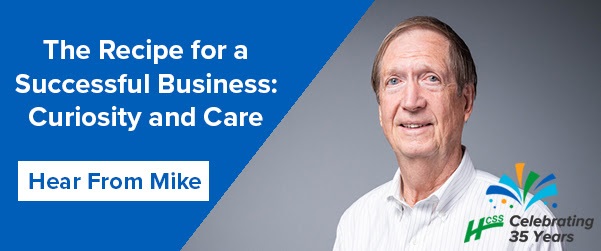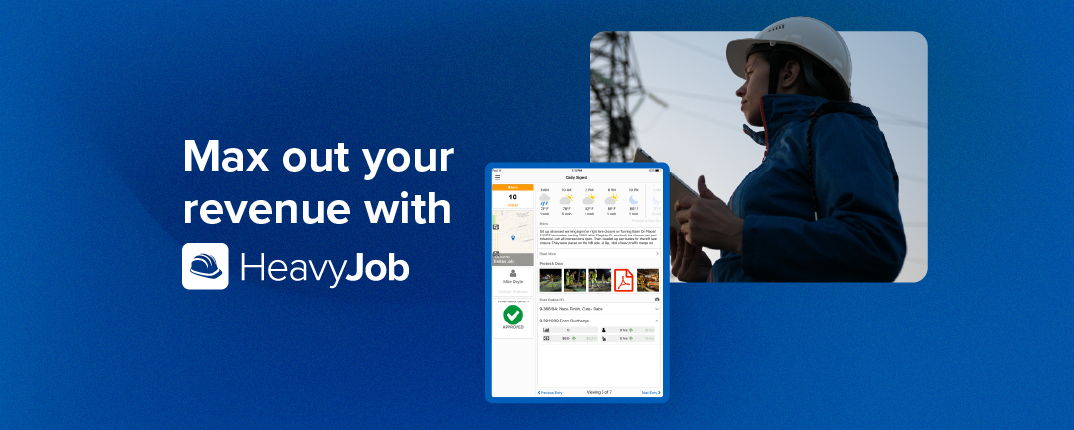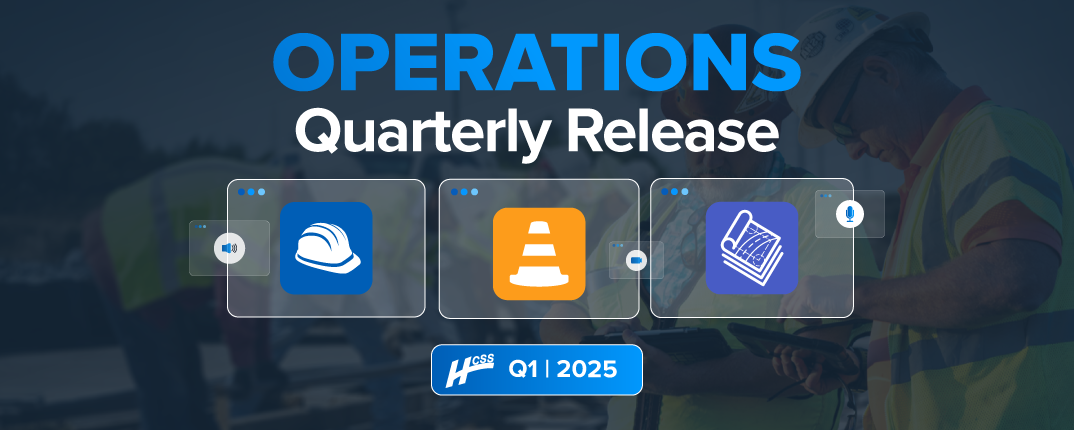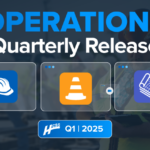Today’s 35-year-old, 400-plus employee company started in my bedroom. At the time, almost all estimating was done on paper with 10-key calculators doing all of the computation. Estimating consisted of way too much tedious arithmetic, and the numbers couldn’t be analyzed fast enough on bid day. In addition, estimators who got bogged down in minutiae can’t focus on larger, strategic decisions that give them a competitive advantage.
Be Curious
Because the PC had just come out, and computing was now readily available to everyone, I developed an estimating system on the PC with the help of an estimator from my previous employer. But as time went on, I was curious about how I could make the software robust enough to handle many different companies who had prepared estimates on paper in many different ways. The answer was to create a Users Group Meeting where my customers could come tell me how to make the software better. Our first one had just 8 attendees, but that was enough to make dramatic improvements in the software.
The more curious I got and the more I cared about the problems my customers had, the better my software became, and the more successful the business became.
When I started hiring support people, one of the requirements of the role was that you had to take turns taking evening and weekend calls, just like I had done as a one-man company -- and we’re still doing that to this day. I knew we had to be taking care of people when they needed us, on their schedule. And we made all of our business decisions on the basis of being friendly and helpful to our customers.
We went to a nationwide conference years ago and, as we were networking with many industry peers, the conversation turned to how quickly they could return support calls. One said they could do it in 28 minutes, another said 22, someone one-upped to 17. We responded that we just took the calls as they came in. They found that unbelievable, and wanted to know how that could even be possible. We answered that we simply hired enough people to cover all the calls.
Yes, that meant that sometimes they weren’t needed to take a call, but it meant our customers were always taken care of. And it gave us an opportunity to do something unique: between calls, all of those support techs worked on other projects, identifying gaps in the company and working to fill them. That department became a huge talent pool for the rest of the company.
Customer Support
Tech support is our entry-level tech position at HCSS. After someone has answered 10,000 support calls, they know our products and our customers inside out. Back when I was taking support calls in the middle of the night, I could answer most questions from bed without ever turning the light on because I built the system and understood everything about it. Our support techs get to that level, too, and then they can go anywhere in the company including product management, software implementation, management, and even software development.
One of the ideas that came out of that support growth pipeline was our Customer Success group. Support is typically reactive to customers’ needs, but a former support manager saw an opportunity to be more proactive. We now have a dedicated team focused on making sure customers are using products well and getting the full value out of features they’re paying for.
Users Group Meeting (UGM)
Many more ideas have come out of listening directly to our customers at Users Group Meetings. I believe it’s our spirit of curiosity and care that allows customers to be so open with us about their needs and what they’d like to see changed in the software in the classes and Town Halls at UGM. And that open feedback has driven us to innovate in practical ways that are genuinely helpful to customers.
That same drive to ask questions and respond to feedback is a big part of how we take care of our employees. We learned long ago that when you invest in your employees, they return that investment by staying at the company, staying engaged, continuing to be creative, innovative, and most importantly, friendly and helpful to our customers.
Company Culture
So much of the investments we’ve made in having a unique campus and a fun culture came from my wife Sophie, who passed away last year. She helped build a culture where everyone felt welcome, their needs were met, and their ideas were supported. And she led the way in being involved. In her 60s, she was still participating in dodgeball tournaments, water balloon fights, arm wrestling competitions, life-size hungry hungry hippos games, Halloween skits, enthusiastically running mics at UGM--the list goes on and on.
She didn’t come up with all those ideas in a vacuum; she asked genuine questions of employees, and she cared about the answers. When she heard someone wanted to learn a new skill, she bought them a book on it. When she asked about their family or their health, she took care of the problems she heard, she didn’t just commiserate.
That spirit of curiosity and care has shaped who we are as a company. It’s called our employees to behave the same way with each other and with our customers. And ultimately, it’s been the key to 35 years of success.






